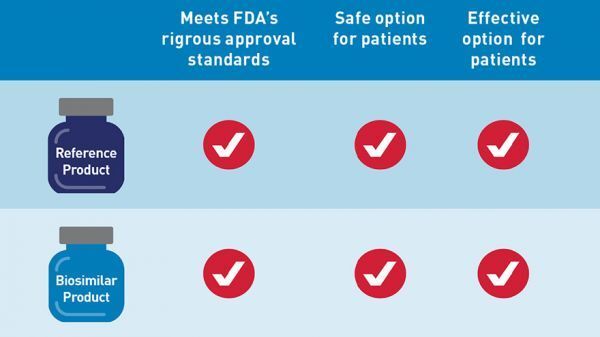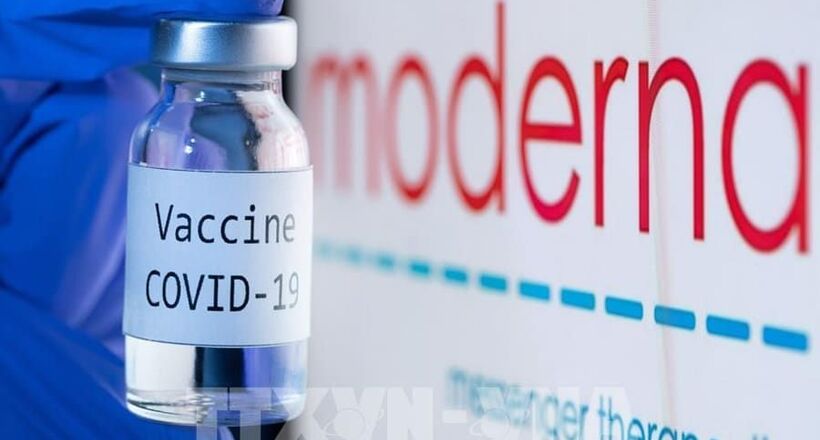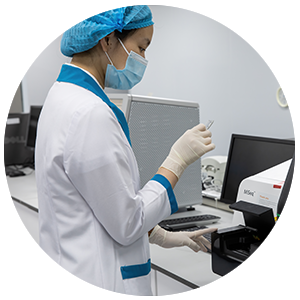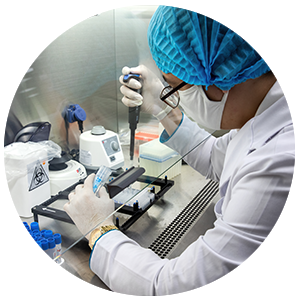- Home
- Knowledge For Mother
Related News
sidebar_video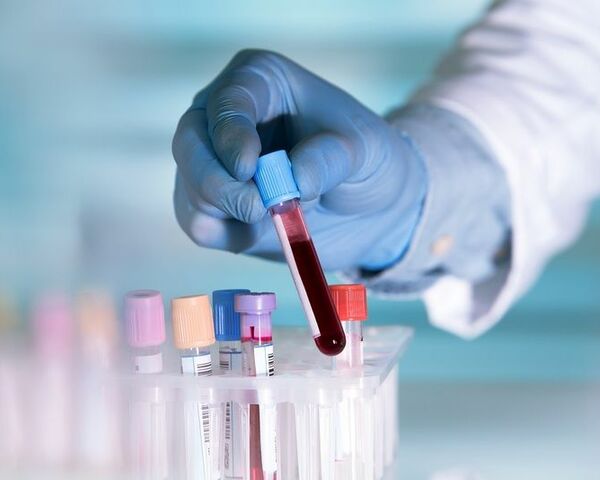
What are false positives and false negatives?
When implementing a new testing technique, especially with qualitative and semi-quantitative tests, laboratory managers are often interested in the following indicators: Sensitivity and specificity of the testing method. When referring to Sensitivity and Specificity, there are two concepts: False Positive and False Negative.
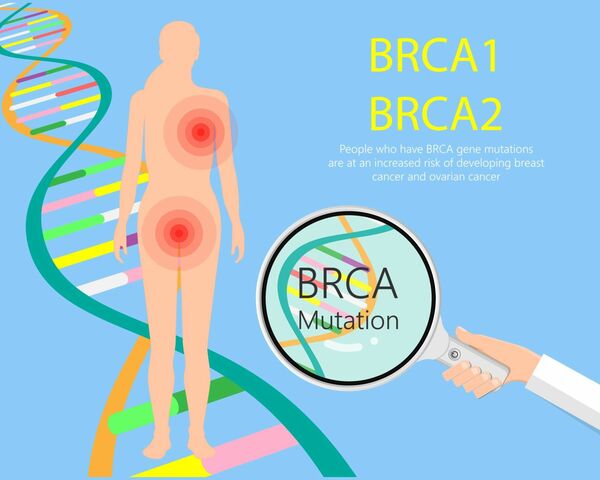
What are BRCA1 and BRCA2? The role of BRCA1, 2 in breast cancer, ovarian cancer and related cancers.
Changes (mutations) in the DNA sequence in BRCA1 or BRCA2 that prevent their corrective function are called harmful variants. Harmful variants increase the risk of certain cancers, most notably breast cancer and ovarian cancer.
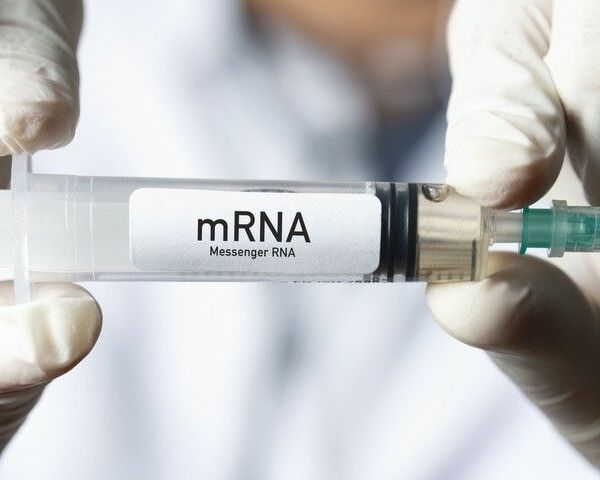
Testing a safe and promising HIV mRNA vaccine in animals
According to scientists at the US National Institute of Allergy and Infectious Diseases (NIAID) – part of the National Institutes of Health, an experimental HIV vaccine is based on mRNA – the same technology used in the two highly effective COVID – 19 vaccine – shows promise in mice and primates.

Male breast cancer: Concepts, symptoms and risk factors
Currently, many people still think that breast cancer is a disease that only occurs in women. However, although rare, men can also get breast cancer.

Cytokine Release Syndrome
Cytokines are a collection of many proteins produced by cells, with the function of transmitting information between cells to activate the body's natural immune responses. There are 3 groups of cytokines in the human body: interleukin, interferon and TNF.
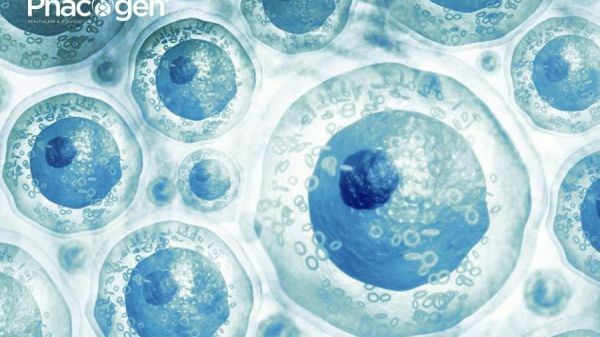
Stem cells: Bigger doesn't mean better
A new study shows that the expansion in size of stem cells contributes to age-related functional decline. Researchers discovered that blood stem cells – the smallest cells in the body, lose the ability to perform their normal functions – replenish the body with blood cells, as they grow larger.

Expanded NIPT testing and new directions for non-invasive prenatal screening in Vietnam
"No need to wait for test results to be sent to the US, pregnant mothers can now have expanded NIPT testing right in Vietnam"

Genetic testing to determine BRCA 1/2 mutations: Indications, consultation process and significance of testing
According to statistics, each year in the world, about 7,500 women get breast cancer and 2,000 women get ovarian cancer due to genetic mutations in the BRCA1 and BRCA2 genes.

